- News
-
-
-
-
-
Latest News Articles
- Q&A: TEK and the wildlife profession April 24, 2024
- History may point to a brighter future for Canada lynx April 24, 2024
- New maps expand picture of big-game migrations in the West April 23, 2024
-
-
-
- Wildlife Professional Resources
-
- Our Network
-
- PUBLICATIONS
-
-
Recent Posts
-
 The Wildlife Professional November/December Issue
November 1, 2023
The Wildlife Professional November/December Issue
November 1, 2023
-
-
-
-
-
-
- Wildlife Events
-
-
-
Upcoming Webinars
- No Events
-
-
-
- Who We Are
-
Tag: seals
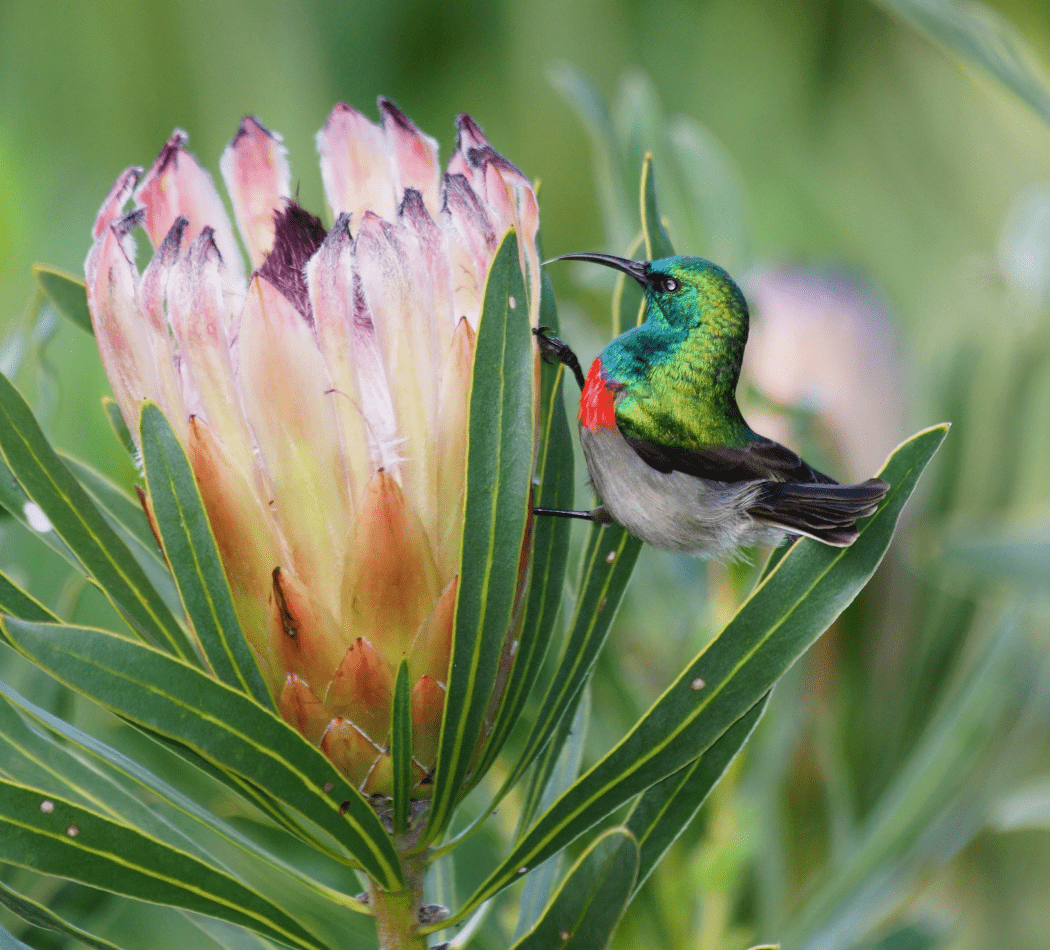
November 18, 2022
Why do seals get stranded in the Gulf of Maine?
Both social and environmental factors affect the number of seals reported as stranded on the beaches of the Gulf of Maine. “By studying these marine mammals, we can understand something...
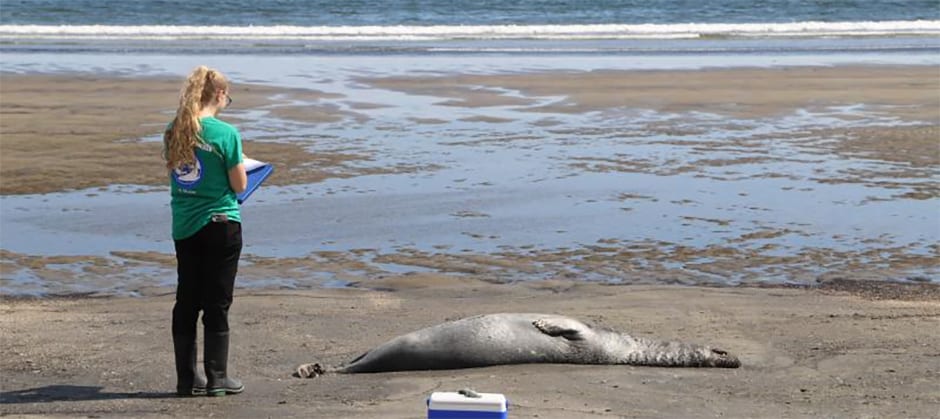
July 11, 2022
Avian flu responsible for seal deaths in Maine
Scientists with the National Oceanic and Atmospheric Administration say avian flu is responsible for an unusually high number of seal deaths along the coast of Maine. The USDA’s Animal and...
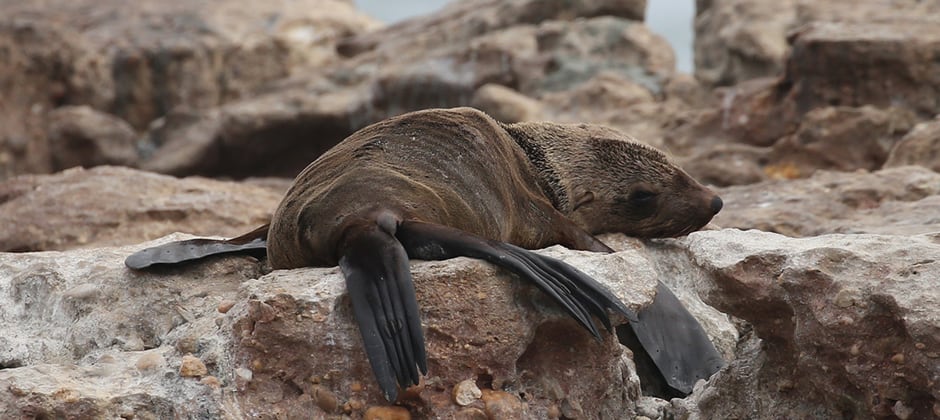
February 23, 2022
What’s driving thousands of South African seal deaths?
Over the past six months, thousands of Cape fur seals (Arctocephalus pusillus) have been turning up dead on South Africa’s Atlantic Coast. No one is sure why, but Tess Gridley,...
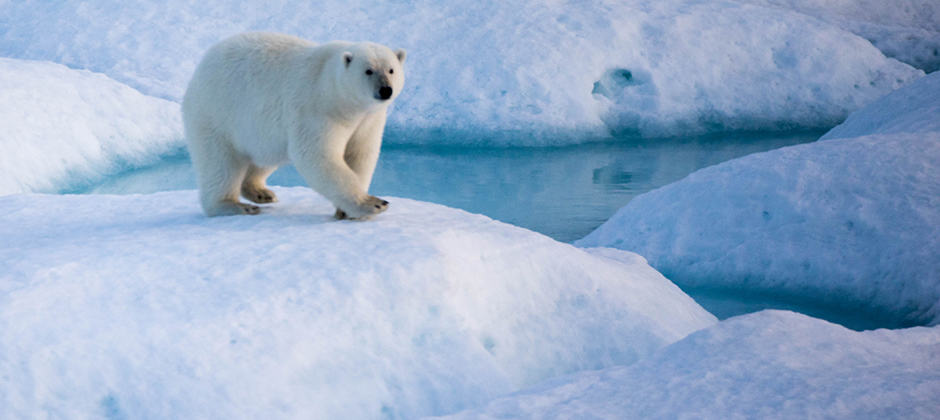
December 15, 2021
Polar bear diets reveal a changing Arctic
As the climate warms in the Arctic—two to three times faster than in the rest of the world—polar bears are changing what they eat. By uncovering their diets, researchers found,...
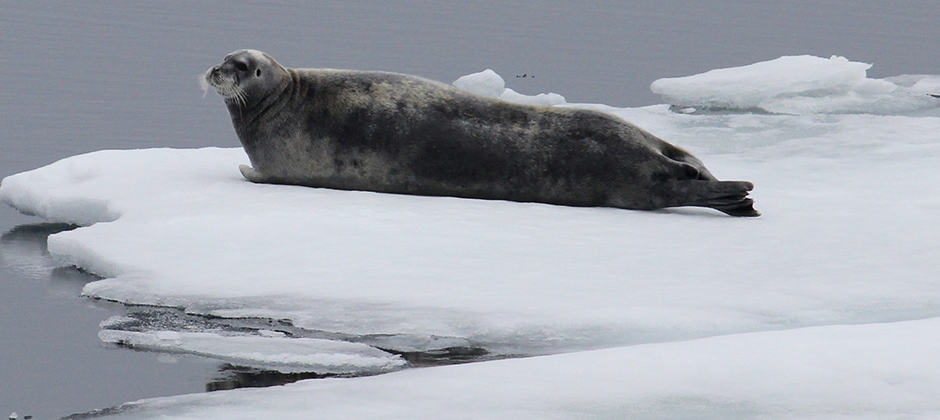
November 3, 2021
TWS2021: Indigenous hunters teach researchers about seals
Conversations that researchers have had with indigenous hunters in Utqiaġvik, Alaska, have revealed information about where seal species are showing up and how climate change may impact them. By including...
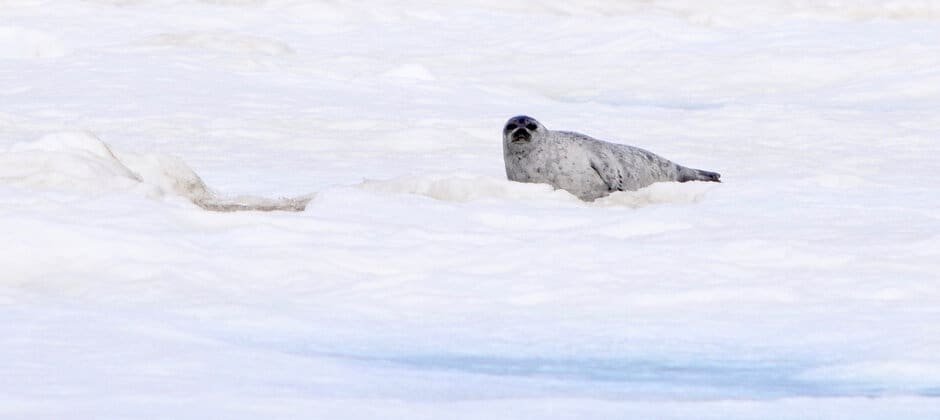
October 29, 2021
TWS2021: Climate change may shift seal prey in Arctic
Climate change could change the number and location of fish that seals prey on in Hudson Bay by the end of the century, likely affecting seal populations. Past studies have...
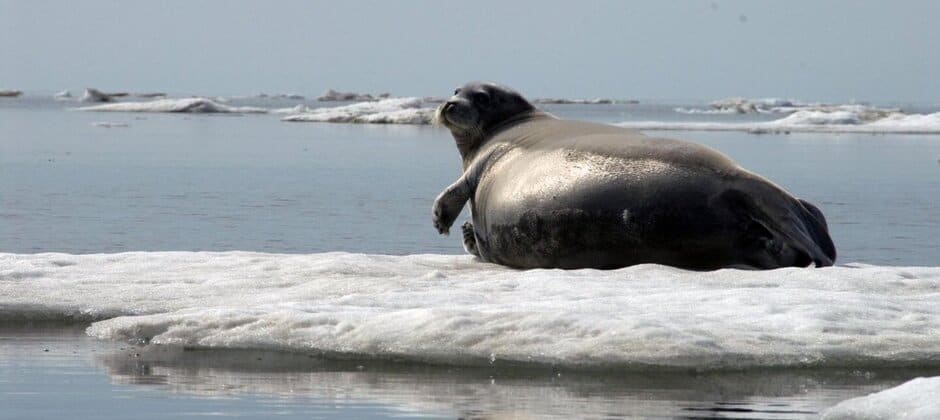
March 1, 2021
Watch: Bearded seals can’t compete with industrial sounds
The loud sounds bearded seals emit underwater may not be noisy enough to overcome the sound from increasing industrial activities off the coast of Alaska. Recent research highlighted how bearded...
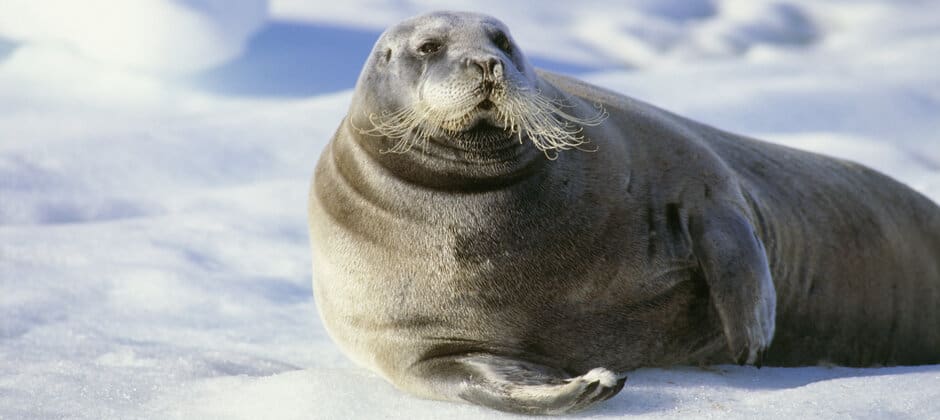
February 3, 2021
The deafening underwater soundscape of bearded seals
Bearded seals create a deafening underwater soundscape in the Canadian Arctic Ocean — particularly during mating season. Explorations of the types of sounds they make and the volume of those...
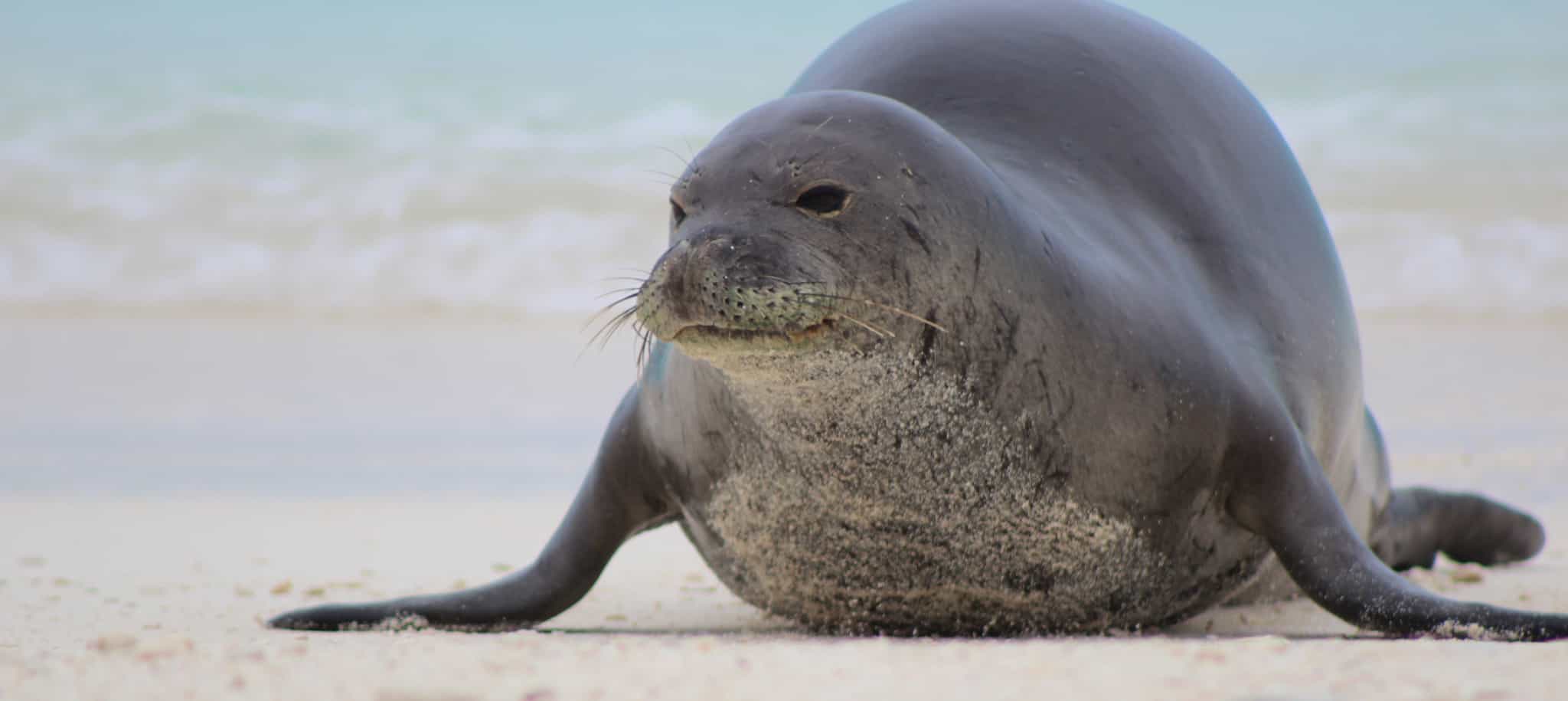
September 3, 2020
Translocating young Hawaiian monk seals improves survival
Shifting young Hawaiian monk seals from their whelping beaches to safer areas free of sharks and the threat of entanglement in marine debris may improve survival for the endangered marine...
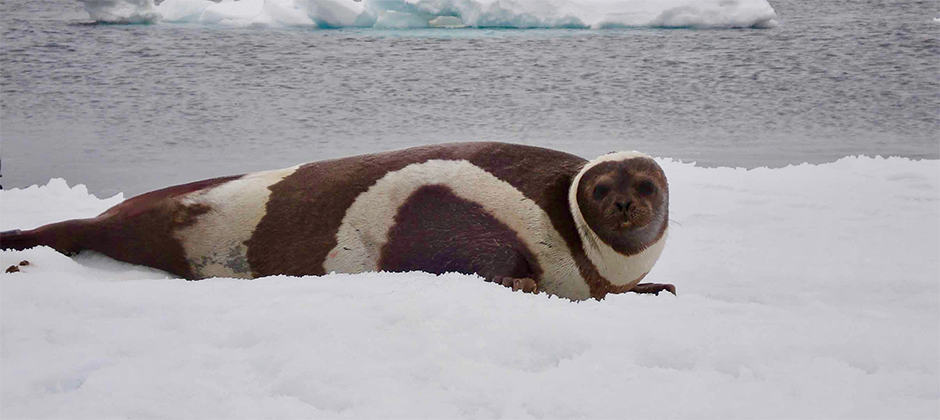
November 13, 2019
Did climate change allow an Arctic wildlife virus to spread?
Melting sea ice may be to blame for the spread of a wildlife virus from one side to the Arctic to the other. The issue emerged in 2004 when Pacific...

